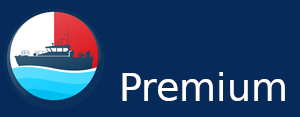Lorem ipsum dolor sit amet, consectetur adipiscing elit. Vestibulum eget ante tristique, finibus tortor et, posuere quam. Duis purus risus, pharetra nec lacinia ut, vehicula et nisl. Etiam a ornare est. Mauris sit amet nisl vitae eros ornare fringilla. Donec ut vulputate nibh. Sed luctus auctor dui, non iaculis elit fringilla in. Duis quis magna tempor elit tristique sagittis ut in turpis. Mauris quis orci interdum, dictum erat nec, gravida nisi. Suspendisse vel lorem arcu.
Learn more about our membership here.


